The 2024 edition is hosted by one of the newest DHC+ members, Energieinstitut an der Johannes Kepler Universität Linz, a non-profit research institute with a multidisciplinary structure. Johannes Kepler University is the largest educational and research institution in Upper Austria. Within the institute, the "Heat and Cooperation" group has a wide range of expertise in the following areas:
- Industrial processes (incl. heat integration)
- Industrial symbiosis, energy-related cooperation
- Process heat
- Waste heat
- District heating
- Long term transformation processes
To minimise and reduce the effects of climate change, the Johannes Kepler University has committed itself to a very ambitious goal to be climate-neutral by 2030. The University aims to meet its ambitious goal by implementing new policies and measures, defining specifications, collecting data, and much more. Learn more about Mission 2030 here.
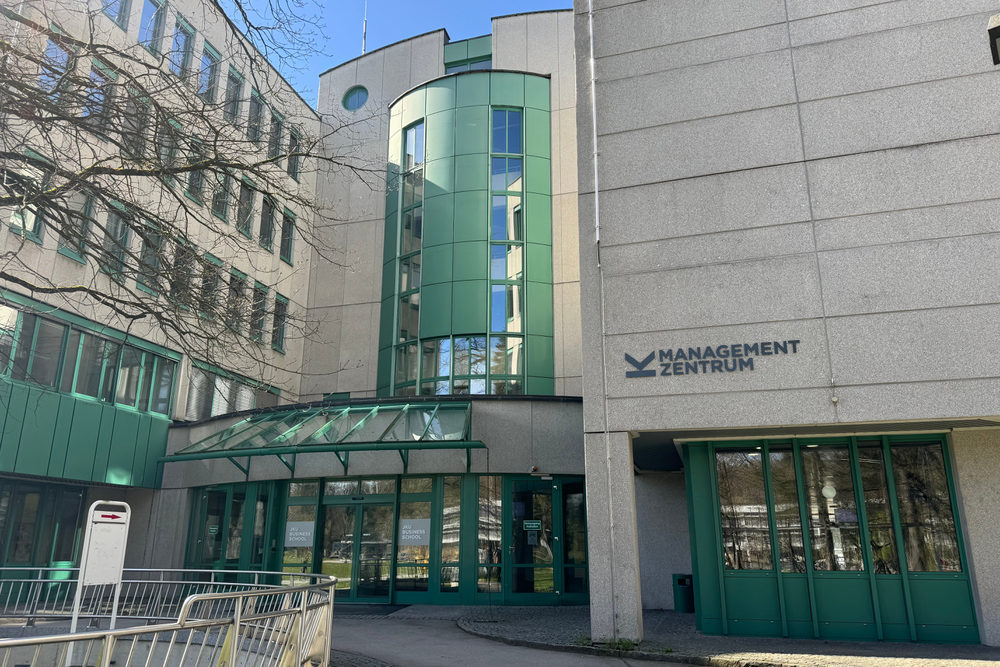
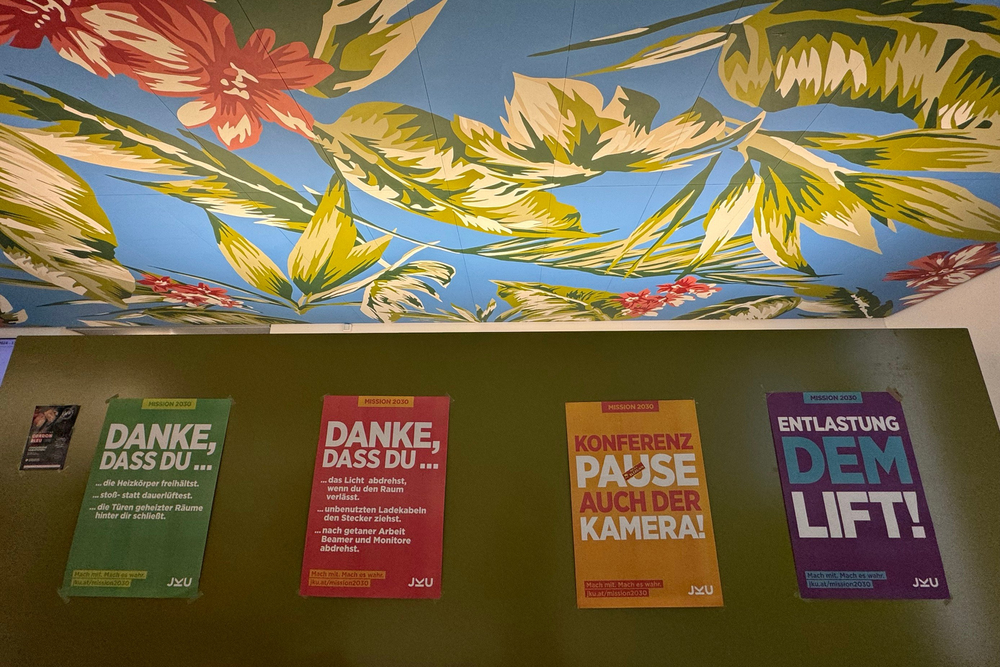
City of Linz
Linz is the third largest city in Austria with more than 200.000 inhabitants. Situated along the Danube River, it's a great destination for tourists, offering a variety of interesting sights and activities. Linz stands out with its combination of historical sites, stunning architecture, green spaces and modern innovations. Since 2014, the city has been part of the UNESCO Creative Cities network. This is evident in the city's museums, making it the place to be for those who enjoy exploring art and history.
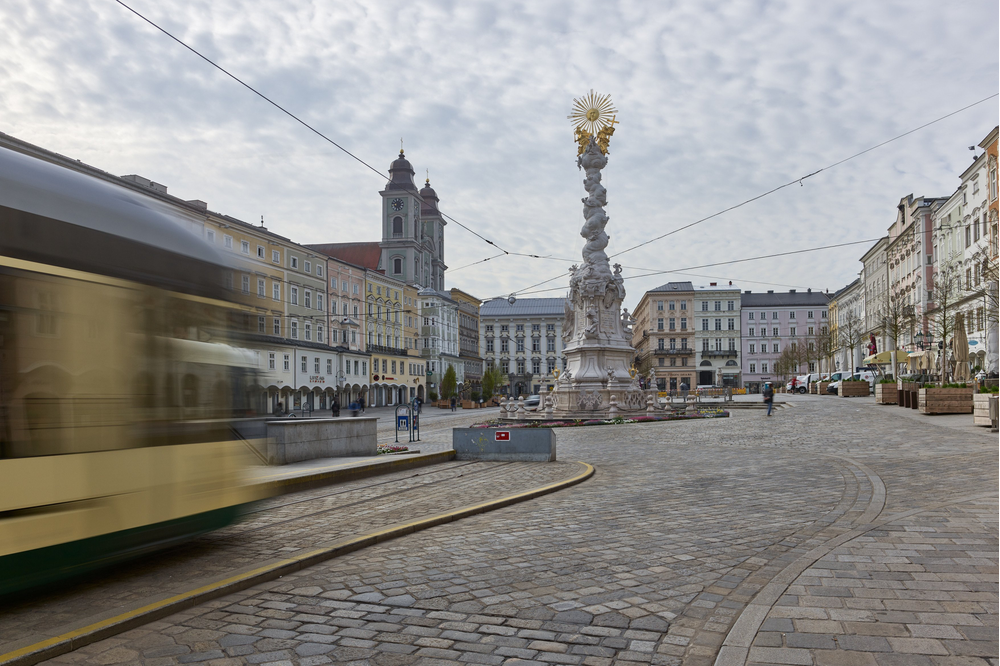
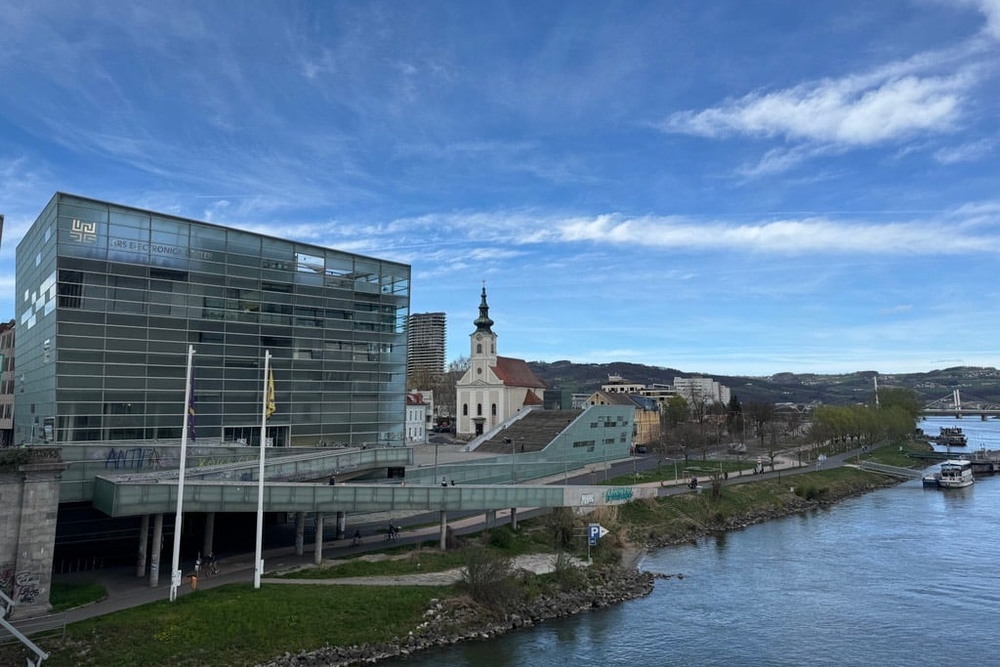
*Copyright: Linz Tourismus_Kurt Hörbst
Accommodation
Participants are welcome to choose their preferred accommodation.
For those interested in staying at the same hotel as our staff and lecturers, we have negotiated special rates at the Park Inn by Radisson Linz. Situated in the heart of the city, this hotel offers easy access to public transport and is just a 30-minute journey from the university (21 minutes by tram + walk).
The Park Inn by Radisson Linz is located in the heart of the city and is easily accessible by public transport links. The facility is equipped with restaurant, bar, lounge and a fitness studio (free of charge during your stay).
How to get to the Park Inn By Radisson Linz
From Linz Hauptbahnhof by public transport:
Take tram number 1 or 2 to Universität or tram number 3 to Landgutstraße. Get off at Linz/Donau Mozartkreuzung. The ride takes approximately 6 minutes. The hotel is 400 meters away from the tram station.
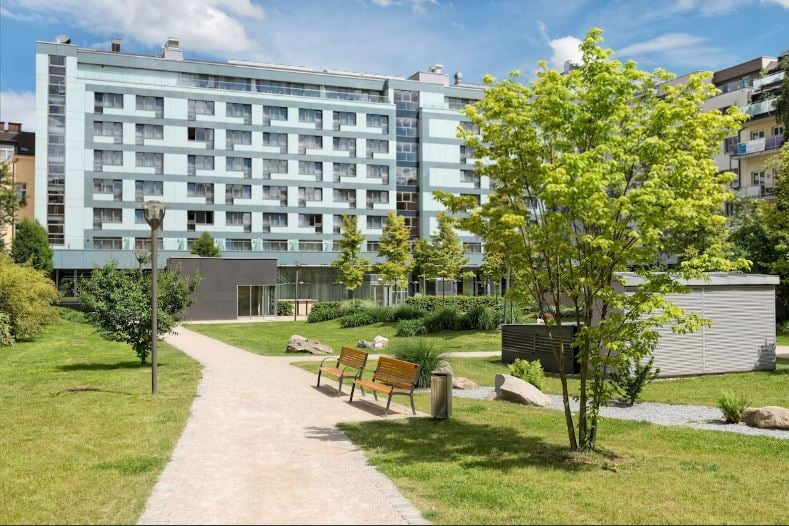

You can enjoy this preferential rate and make your booking until 24/07/24 (subject to availability). The agreed room is a standard room at the rate of €128 per night (excluding local tax of €2.40 per person). The price includes VAT, applicable taxes and services such as breakfast buffet, high-speed internet access via WLAN and use of the fitness room on the 6th floor.
You can use the following options for booking:
- By e-mail: groupreservations.linz@parkinn.com
- By telephone: +43 7327771003502
Please mention the code "SSC24" to benefit from the special rates.
The hotel does not require advance payment. Individual reservations are guaranteed by the guests by providing credit card details or a cost transfer.
The rooms are available from 15:00 on the day of arrival and until 12:00 on the day of departure.
Transport
Linz is well-connected to various parts of Europe making travel relatively straightforward. There are different transportation options to reach the city.
By Train:
Linz is well-connected to the European rail network. You can take a train to Linz from major cities in Austria and neighboring countries like Germany, Czech Republic, and Hungary. The Austrian Federal Railways (ÖBB) operates both domestic and international train services.
By Bus:
Bus services also connect Linz to nearby cities and towns. Companies like FlixBus and Eurolines offer routes to Linz from various European destinations.
By Plane:
The Linz Airport (LNZ) offers domestic and international flights. You can fly directly to Linz from various European cities, or you may need to connect through a major hub like Vienna International Airport (VIE) or Munich Airport (MUC) if coming from farther away.
Sponsors
As part of the DHC+ Summer School 2024 in Austria, Linz AG is acting as host for the exciting on-site visits on district heating and district cooling and, thankfully, also as a sponsor. With almost 90,000 connected households, Linz AG has the highest density of district heating connections and is the largest network operator in Upper Austria. The company operates the two district heating power plants Linz-Mitte and Linz-Süd. These include combined heat and power plants, peak load boilers, a biomass plant and a waste incineration plant. Additional supply security is provided by the 65-metre-high district heating storage tank at the Linz-Mitte power plant. With a storage capacity of 35 million liters, it is one of the largest in Europe. The proportion of renewable energy sources such as biomass and residual materials used to generate district heating has been rising steadily for years. It currently stands at around 40 percent. With the construction of the new flue-gas condensation plant in combination with heat pumps, this share will increase significantly. District heating from the power plant park of Linz AG supplies the city center of Linz and 26 other municipalities. In addition to district heating, district cooling is also playing an increasingly important role. LINZ AG operates three district cooling centers in the city of Linz and three local district cooling plants. During the DHC+ Summer School, participants are guaranteed an exciting insight!
